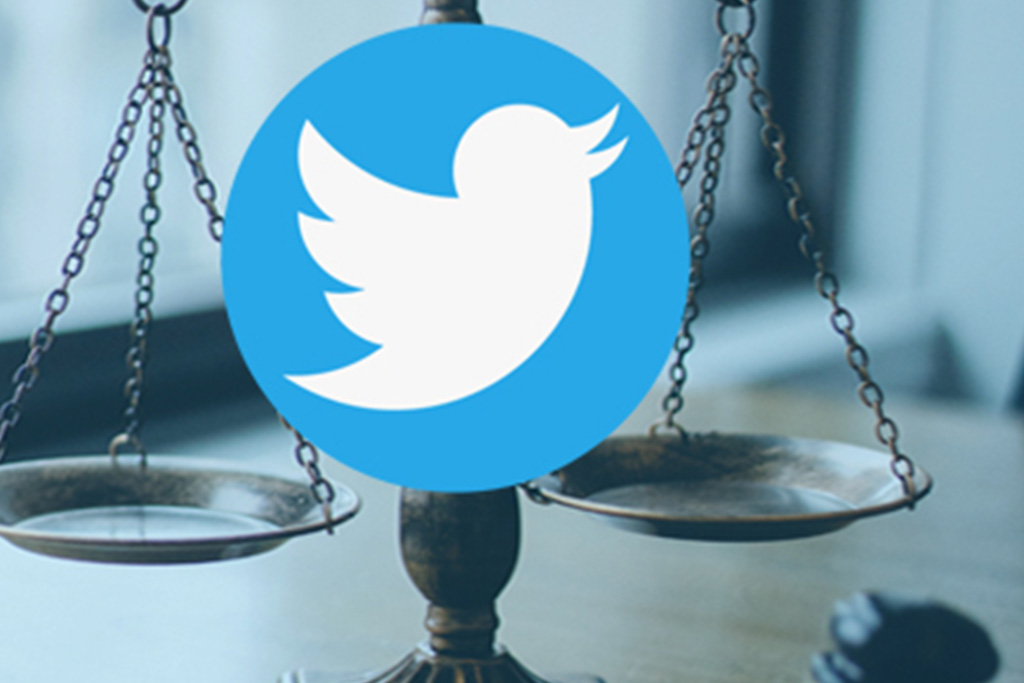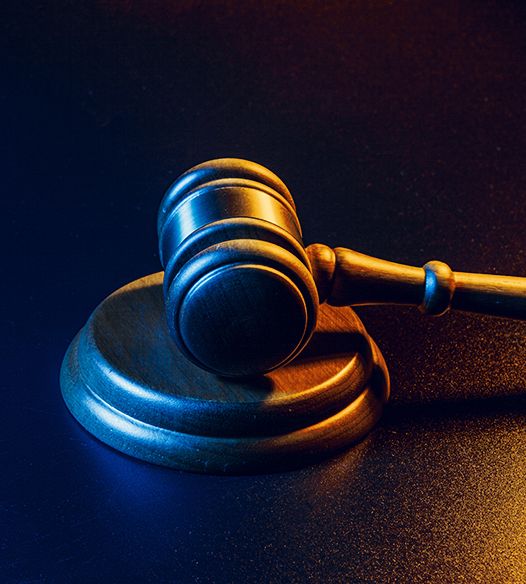
The Ministry of Electronics & Information Technology (MeitY), on January 2, 2023, proposed amendments to the IT (Intermediary Guidelines And Digital Media Ethics Code) Rules, 2021 (“IT Rules, 2021”). The draft amendments, which pertain to the online gaming industry, are open for public consultation till January 17, 2023. There will likely be further rounds of deliberations within MeitY before the draft amendments can become formal law.
Notes on the IT Rules, 2021
• The IT Rules, 2021, as of now, regulate certain online media / social media entities (intermediaries and publishers of online content) and operate as a condition for entities claiming ’safe harbour’ from intermediary liability.
• Some requirements under the IT Rules, 2021, include setting up a tiered grievance redressal mechanism, self-regulation, having a physical presence in India in certain cases, etc.
• The IT Rules, 2021, have been under constant scrutiny from both stakeholders and civil society, with certain parts already subject to temporary ‘stays’ – as such making these parts currently unenforceable. Even for those portions however, the standard industry practice seems to be for entities to (at least partially) comply with the provisions as a matter of caution.
Objective of the Proposed Amendments
The proposed amendments seek to expand the scope of the IT Rules, 2021 even further, to cover online gaming intermediaries. Compliance requirements akin to those previously imposed on ‘significant’ social media intermediaries under the IT Rules, 2021 have been included in these proposed amendments.
Important Terms
Intermediary – intermediary, with respect to any particular electronic records, means any person who on behalf of another person receives, stores or transmits that record or provides any service with respect to that record.
Online Game – a game that is offered on the Internet and is accessible by a user through a computer resource if he makes a deposit with the expectation of earning winnings
Online Gaming Intermediary – an intermediary that offers one or more than one online game.
What Do I Need to Know?
I. Online Gaming Intermediaries (OGIs) being regulated
• For now, only OGIs offering online games in which a user makes or commits to make a deposit (in cash or in kind) with the expectation of earning winnings (that is, any prize – in cash or in kind – distributed or intended to be distributed based on the performance of the said user) are proposed to be covered under the IT Rules, 2021.
• The express addition of the phrase “…based on the performance of the user…” in the definition of ‘winnings’ leaves it open to interpretation as to whether there is a conscious legislative intent to separate games of skill from games of chance.
• The Government has proposed to reserve the power to notify any game available on the internet as an ‘online game’ for the purposes of the IT Rules, 2021, if such game may create a risk of harm to the sovereignty or security of India or public order (among other grounds).
II. Key obligations imposed on OGIs
• Communicate to the users its rules and regulations, privacy policy and user agreement and make reasonable efforts to cause the users not to host any information that is, inter alia, not in conformity with any law in India.
• Have a physical contact address in India, which is to be published on the website or mobile based applications.
• Set up a tiered grievance redressal mechanism and appoint employees as i) resident Grievance Officer, ii) resident Chief Compliance Officer; and iii) resident Nodal Contact Person.
• All online games offered by an OGI to be registered with a ‘self-regulatory body’ (see next section), and the OGI to display a demonstrable and visible mark of registration on all online games offered by it.
• Mandatory verification / Know Your Customer (KYC) of the users (per the procedure notified by the Reserve Bank of India) at the time of signing up for an online game / creating an account with the OGI.
• Enhanced transparency to be undertaken by an OGI which includes informing the users about things such as withdrawal and refund policies, manner of determination and distribution of winnings, fees and charges applicable, measures undertaken for protection of deposits, etc.
• Prominently publish a random number generation certificate and a no bot certificate from a reputed certifying body for each online game offered by it.
III. Self-Regulatory Body
• The concept of a ‘self-regulatory body’ (loosely, a body set up by and comprising industry players for the purpose of inter-se monitoring and maintaining checks) already existed under the IT Rules, 2021. It is one of the tiers of the grievance redressal mechanism stipulated under the IT Rules, 2021.
• The proposed amendment adds specific requirements and a detailed procedure for the setting up, composition, registration (with MeitY) and functioning of self-regulatory bodies in relation to online games / OGIs.
• It is proposed for all OGIs to be members of a registered self-regulatory body. The registered self-regulatory bodies will be entrusted with the task of recognizing and registering all online games; the bodies will also need to communicate (along with detailed reports) to the government the online games recognized and registered by them.
This update is for information purposes only. It is not and should not be construed as legal advice. If you would like to know more or seek legal advice, see below.
Key Contacts
If you need more information, please contact:
• Arjun Khurana (Partner; Practice Head – Technology, Media and IP) at [email protected]
• Manvi Jain(Managing Associate) at [email protected]















